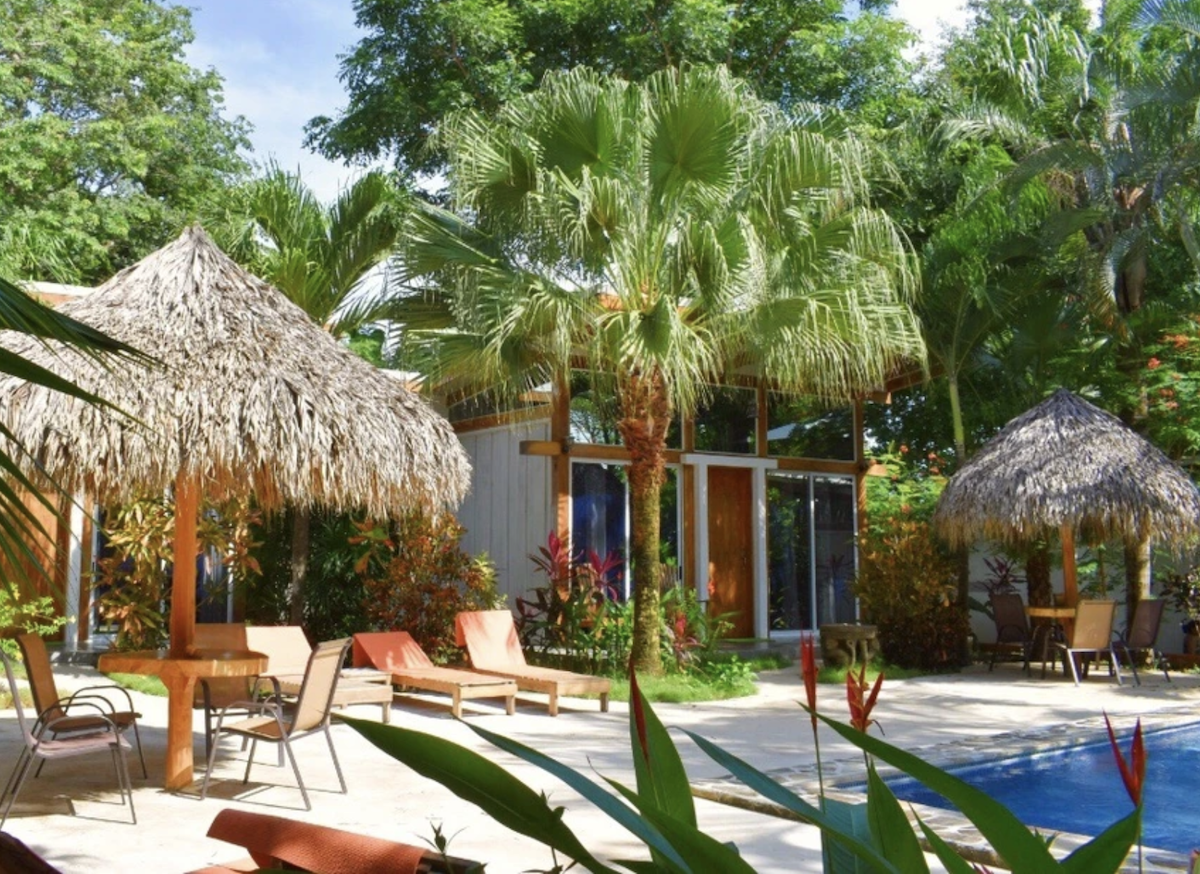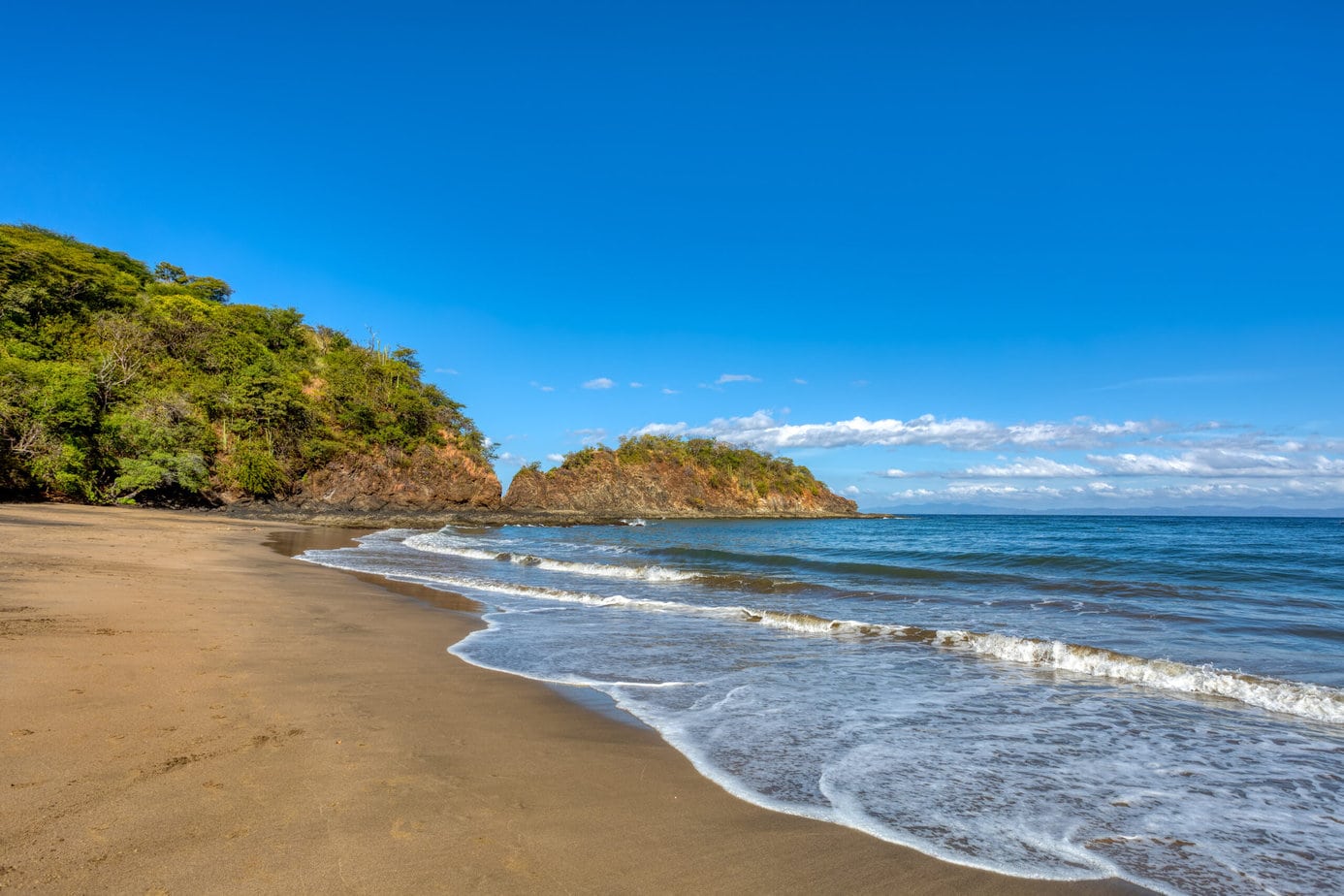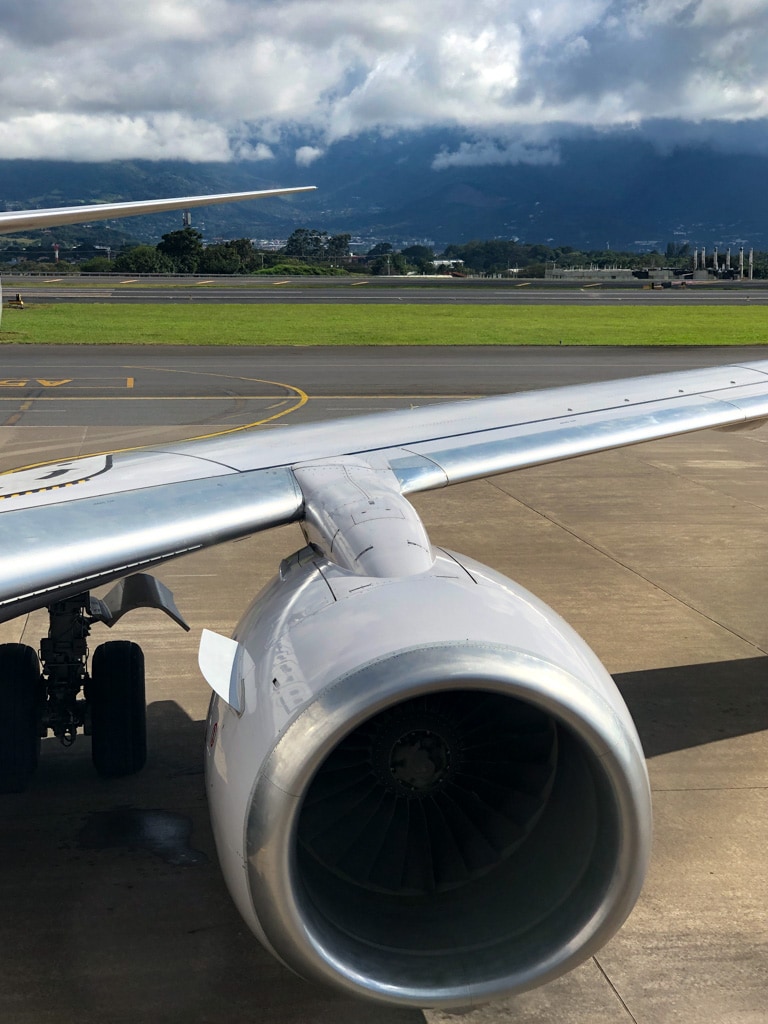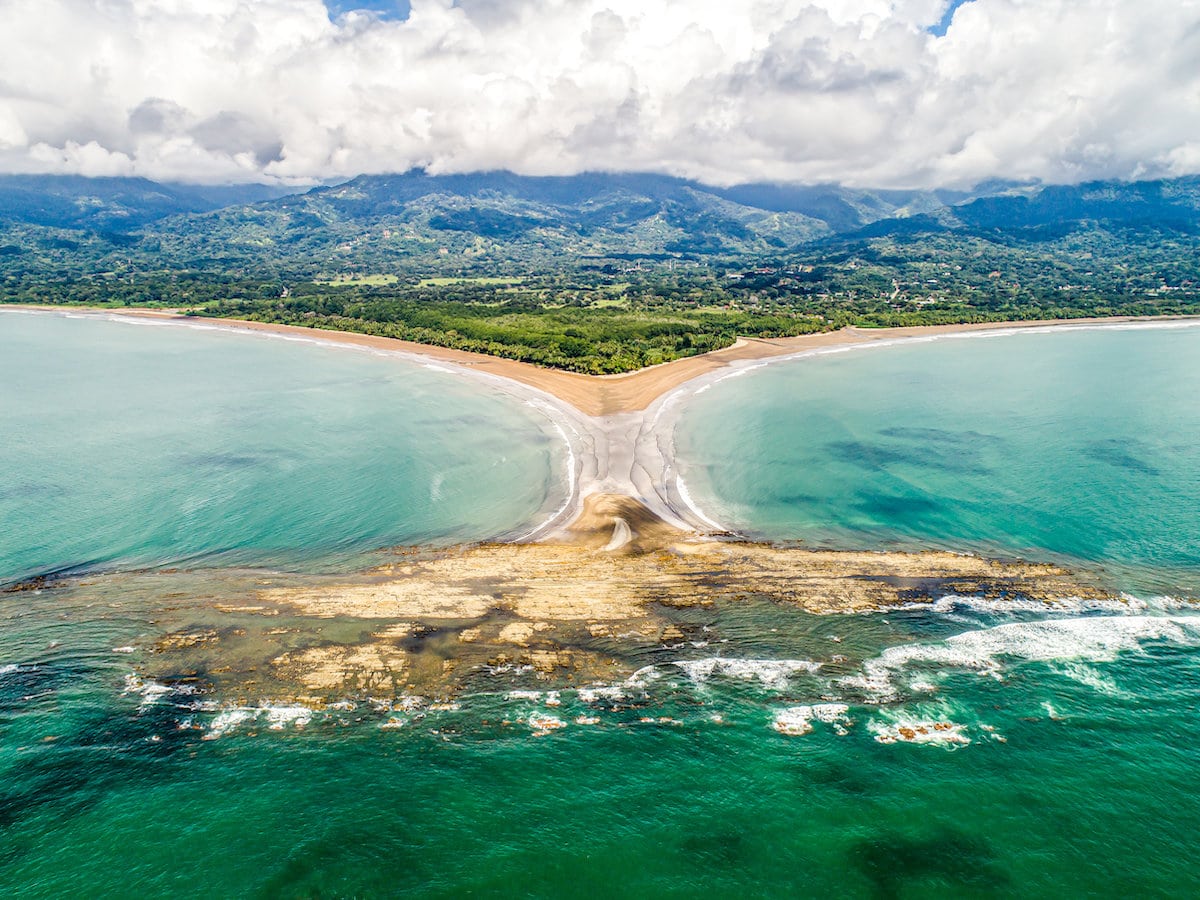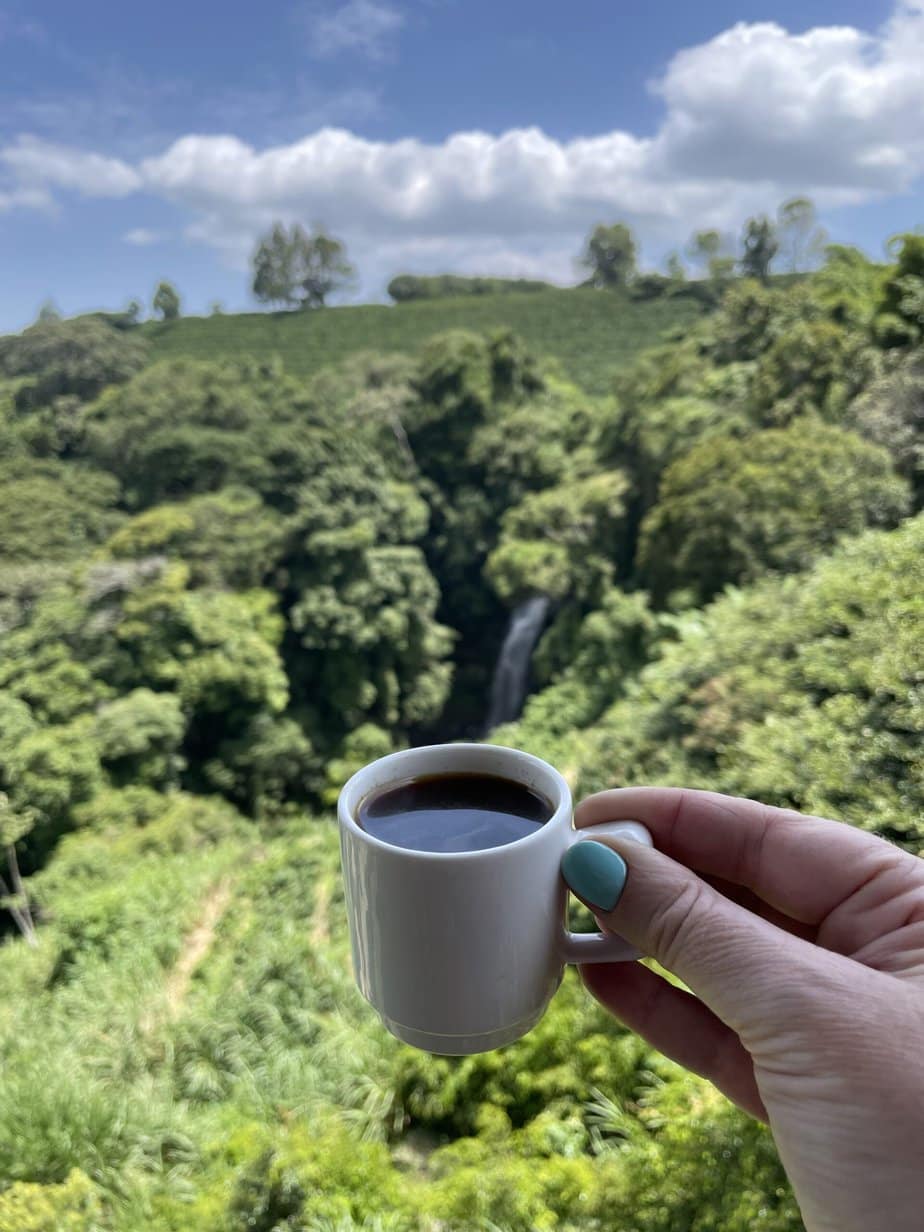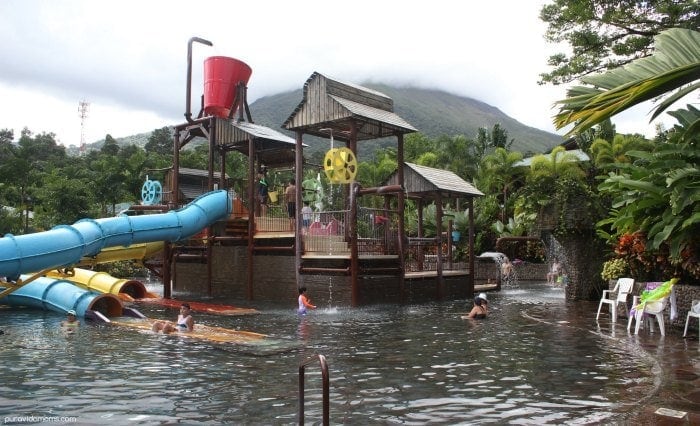Voltage in Costa Rica
This post may contain affiliate links.
It’s vacation time. Destination? Costa Rica! So you’re making a Costa Rica packing list and are wondering – will I need a power adaptor for my electric appliances?
Perhaps even a voltage converter? Well, if your country uses a different plug type or your devices aren’t designed to adapt to Costa Rica’s standard voltage, you probably do need a converter for Costa Rica. But don’t worry!
This post covers everything you need to know about voltage in Costa Rica and the types of sockets used in the country to help you figure out what you need to carry to keep your appliances powered up.
RELATED POST: Costa Rica With Kids- The Complete Guide
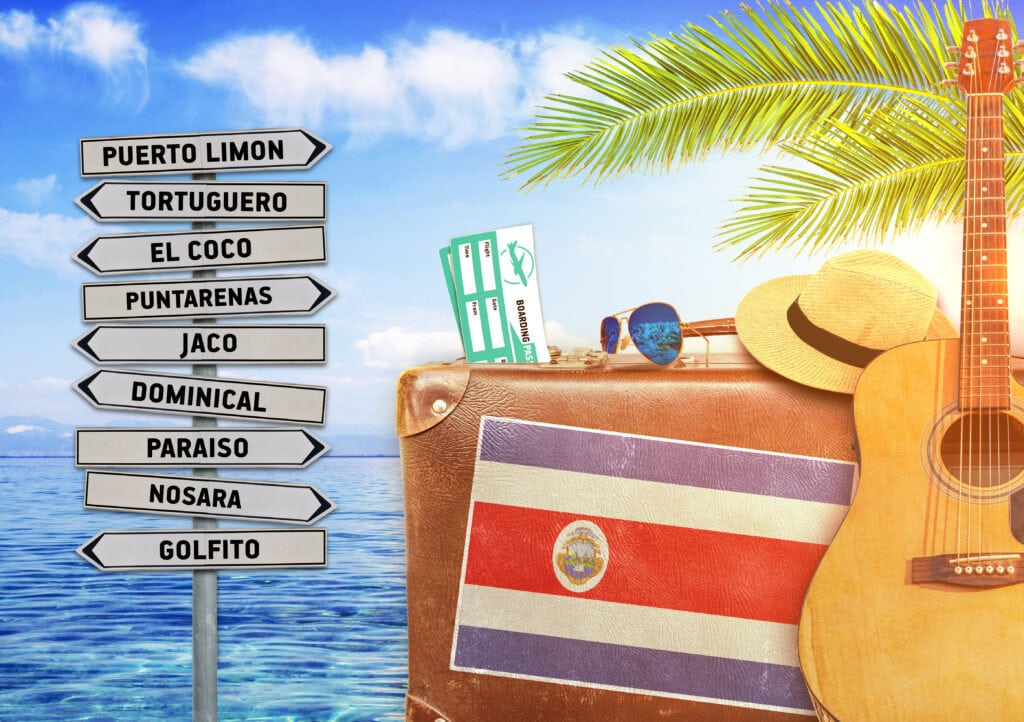
Type of Electricity in Costa Rica
All electrical sockets in Costa Rica operate on a standard voltage of 110-120 volt electricity and a standard frequency of 60Hz.
This means you don’t need a step-up or step-down transformer to use your electronic devices if the voltage in your home country ranges between 110 and 127V.
Manufacturers allow for small deviations (usually a plus or minus 5%), that’s why devices with a rating of 127V can still work in Costa Rica.
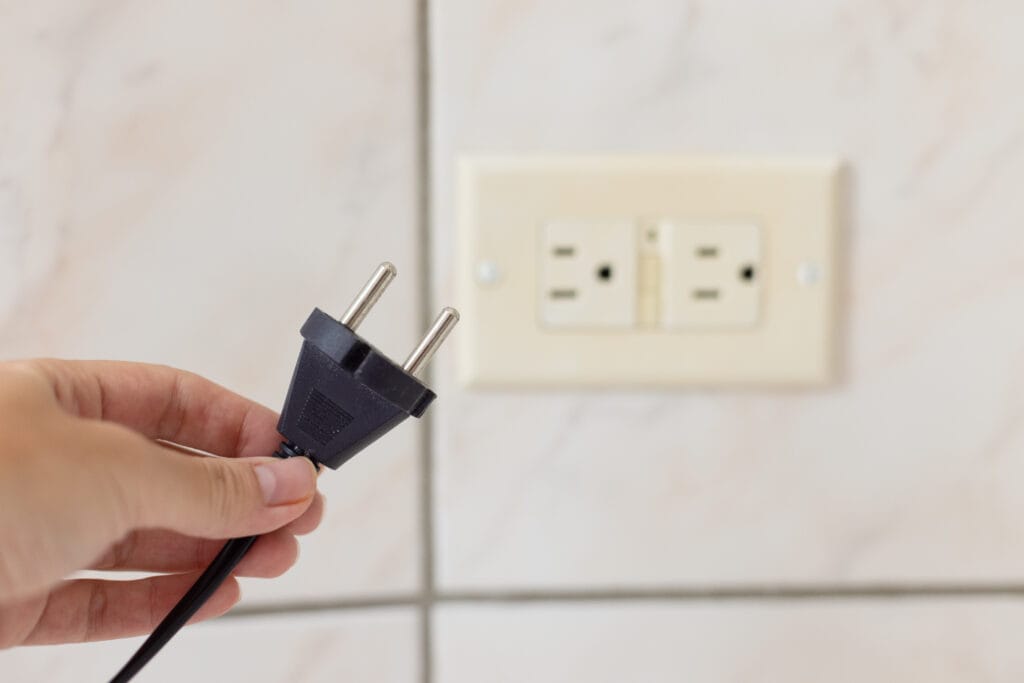
When Do You Need a Voltage Converter?
If your country uses a different voltage, check to see whether your devices are rated dual or single voltage. Dual voltage electronics will be labeled, for instance, 100-240V somewhere on their body or on their power supply and will not require a voltage converter.
If a device says 110-120V on the label instead, it means it has a single voltage and will not work in a Costa Rican power outlet unless plugged into a converter.
These days, however, many electrical appliances like hair dryers and chargers for laptops, cameras, cell phones, or tablets already have a dual voltage that automatically adjusts abroad, but it’s important to double-check this before you leave your home country.
If your appliances don’t have a dual voltage capability built in or you are unsure and your country’s voltage is different from Costa Rica’s, you must pack a voltage converter. Connecting electric appliances to the wrong voltage can cause the devices to stop working temporarily or in some cases, lead to electrocution or involuntary fireworks display.
Important: While a converter can help you solve voltage problems, note that it can be heavy and bulky and could end up taking up unnecessary space in your suitcase especially when you’re trying to pack light. For people who travel on a regular basis, I would recommend investing in dual-voltage devices instead to avoid the hassle of traveling with a converter.
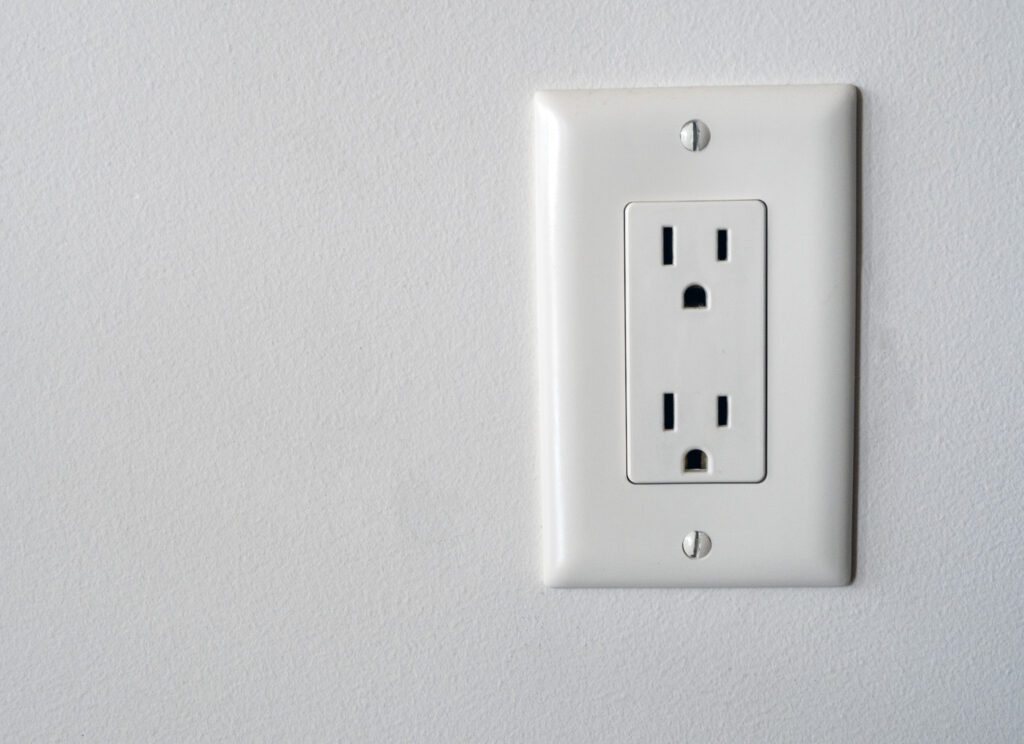
Do You Need a Power Plug Adaptor?
As with most nations in Central America, Costa Rica uses type A and B plugs. Type A is the plug with two flat parallel pins and type B has a grounding pin in addition to the two flat pins.
Note that type B power outlets can work with type A plugs but type A outlets will not work with type B plugs.
That being said, if the plug on your device is not type A or B, that means it will not fit in Costa Rican electrical outlets and you will need a power adaptor.
However, keep in mind that power plug adapters are only designed to alter the shape of the plug on your appliances so they can fit into the outlet; they won’t convert your voltage to the correct one. Also, make sure to check the condition of the sockets before plugging in your appliances; you don’t want to use any that appears burnt, as it may cause electrocution.
Should You Worry About the Hertz Ratings?
Hertz is the measure of the frequency at which current alternates. Most electric appliances will be rated 50-60Hz and are designed to accommodate a wide range of frequencies. The frequency of the electric current in Costa Rica is 60 Hz, so it should work fine for most appliances.
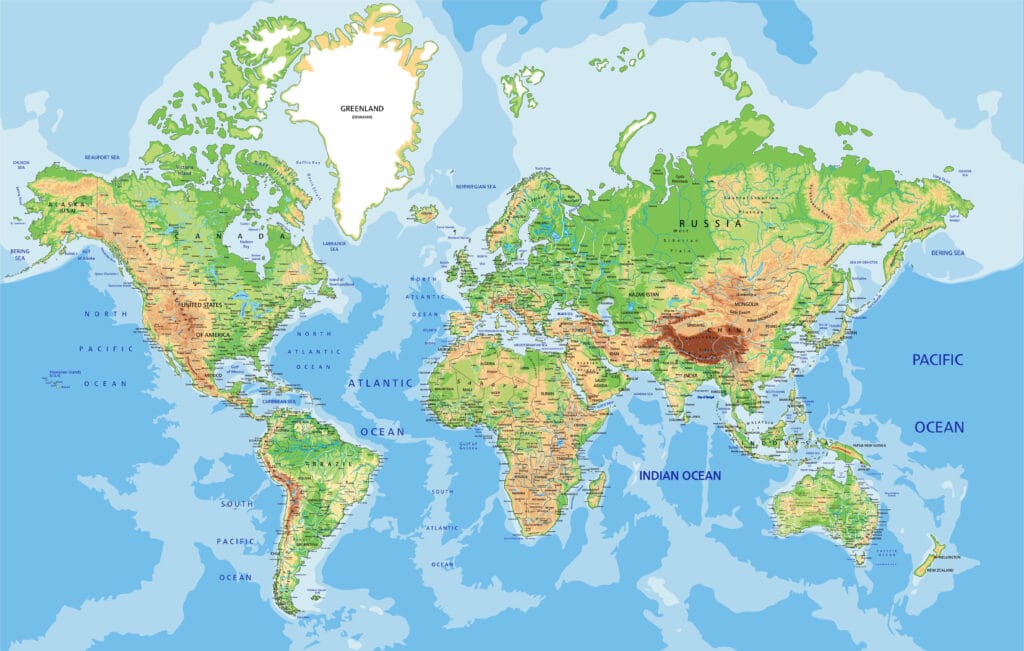
Countries You Need an Adaptor
Travelers from Australia, countries in Europe, Africa, and most parts of Asia, will need an adaptor to plug their electronic devices into Costa Rica power sockets.
Some South American Countries like Brazil, Chile, Peru, and Uruguay also use power plugs and outlets different from Costa Rica’s, so explorers from here will require an adaptor as well.
Here’s a quick look at the different plug and socket types used in different countries around the world. It should give you an idea of whether you need a travel adaptor for your Costa Rica vacation.
- Type C: All European countries except the United Kingdom, Ireland, Malta, and Cyprus
- Type D: India, Nepal, Namibia, Sri Lanka
- Type E: France, Poland, Belgium, Slovakia, Czech Republic, Morocco, and Tunisia
- Type F: Sweden, Austria, Germany, Norway, Netherlands, Spain, Finland, Portugal, and Eastern Europe
- Type G: UK, Ireland, Malta, Cyprus, Singapore, Malaysia, and Hong Kong
- Type H: Israel
- Type I: Australia, Argentina, Papua New Guinea, and New Zealand
- Type J: Switzerland and Liechtenstein
- Type K: Greenland, Denmark, and Faeroe Islands
- Type L: Italy and Chile
- Type M: Lesotho, Swaziland, South Africa
- Type N: Brazil
- Type O: Thailand
If the electrical appliances are not dual voltage, travelers may also need a voltage transformer. Moreover, if you’re using a grounded appliance, your adaptor plugs must also be grounded. Grounded adaptors have two flat blades and a round pin. Ungrounded devices can be plugged into grounded adaptors but not vice versa.
Of course, if you are a frequent traveler, I would advise getting a universal adaptor. These cover the majority of plug and socket types found in different parts of the world, and you won’t have to buy a new adaptor every time you travel to places with a different voltage.
Countries You Don’t Need an Adaptor
If you are traveling from the United States of America, Canada, or any other country in North America, you will not require an adaptor for your appliances. The same case applies to people visiting from most countries in Central America.
Because these countries use the same power plugs and sockets as Costa Rica, your devices should be able to plug in without an adapter. The voltage is also similar, meaning you should be able to use your appliances without experiencing any problems.
Best Power Adaptors on The Market
If you are in the market for an adaptor, the best ones you can find are universal adaptors because they will work in any outlet around the world. This is what we use when we travel to Europe and Africa, for example.
Here are a few of my favorite ones:

Christa Jimenez
Welcome! I’m Christa, a Spanish teacher married to a handsome Costa Rican and mother of two bilingual daughters. We’ve spent over 25 years living in and traveling to Costa Rica with our daughters, and this website is my love letter to all things Costa Rica- and to bilingual parenting too. You can read my full story here. Thanks for stopping by!



